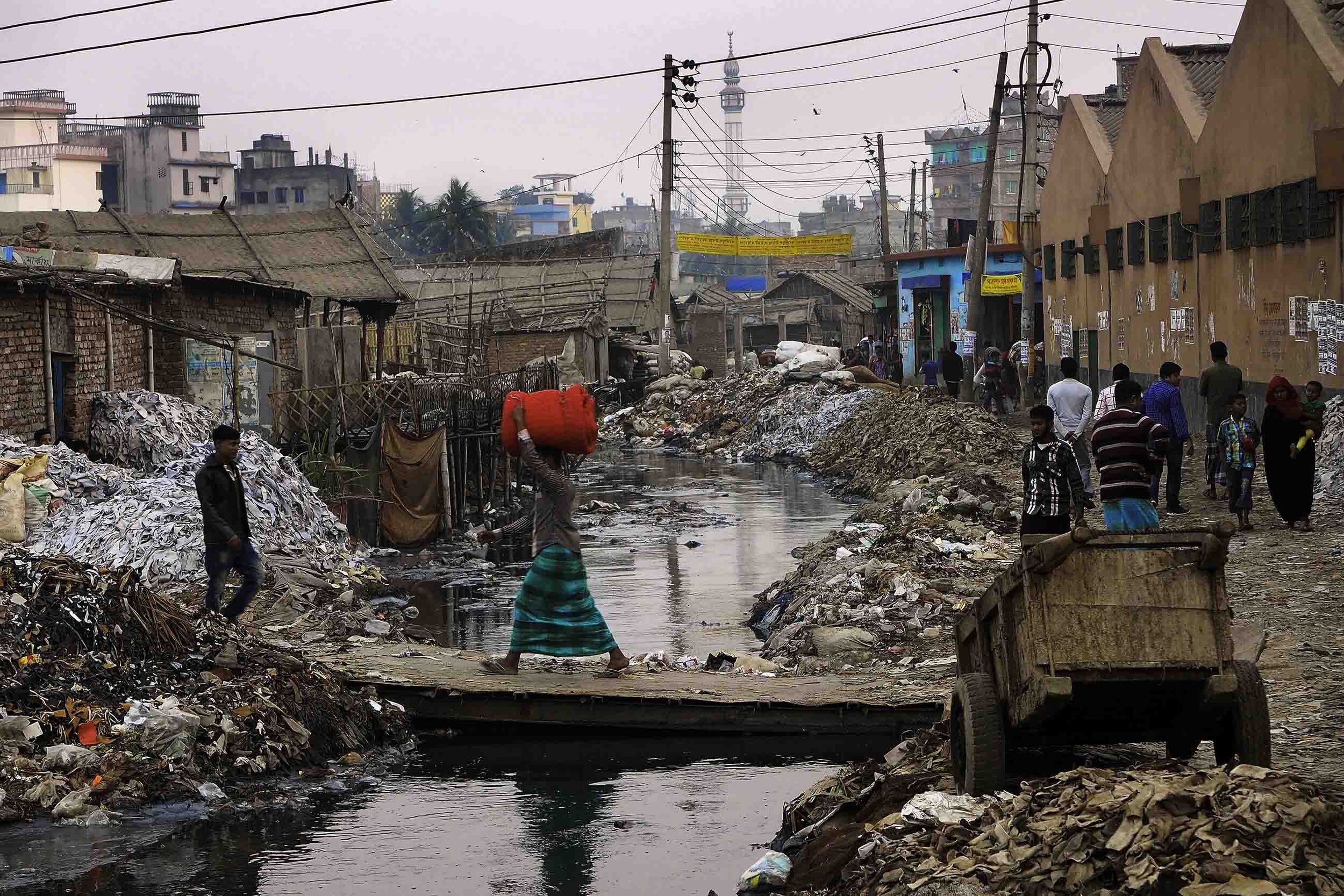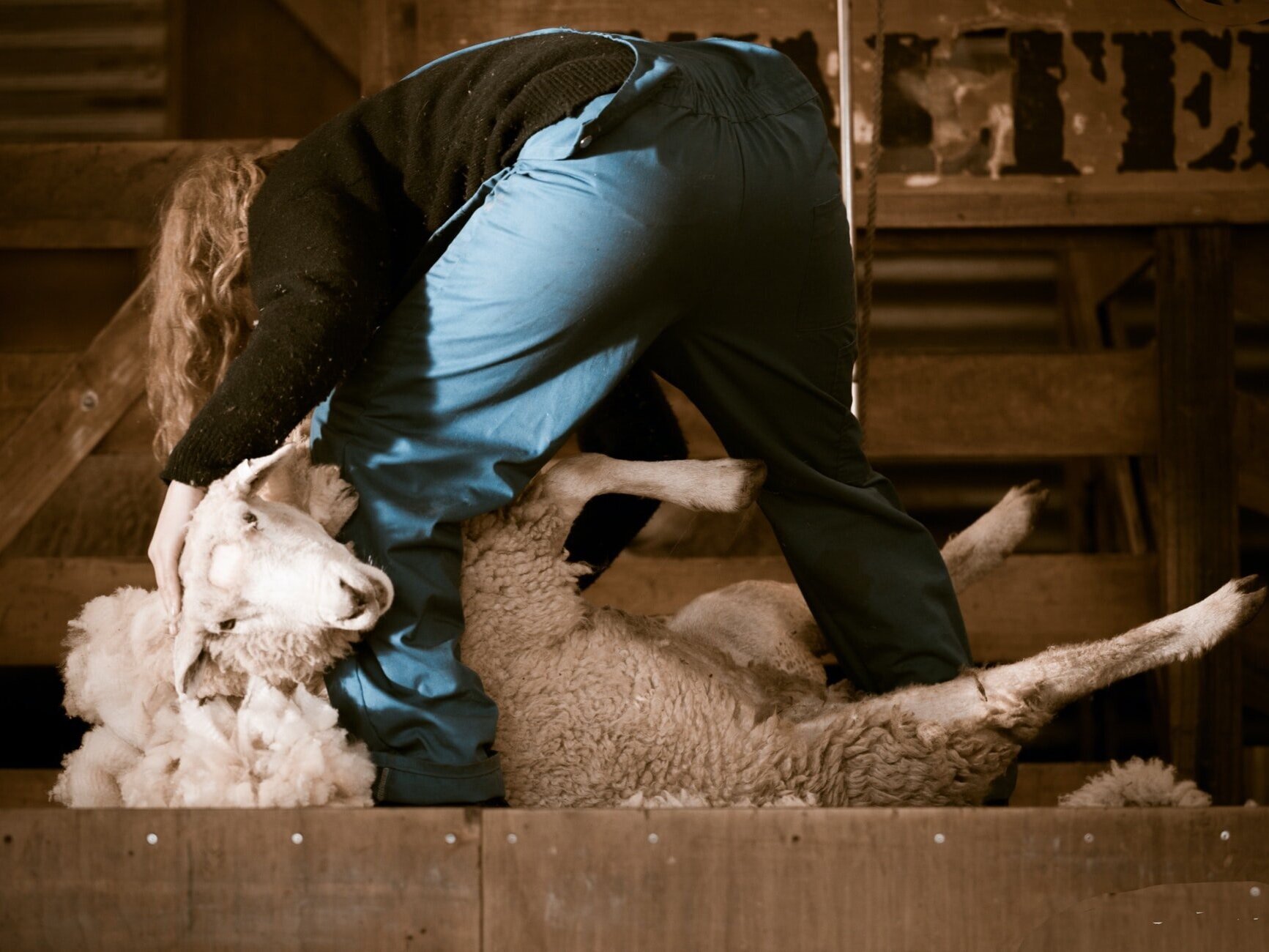
Humans are objectified and exploited in fashion supply chains, often when working in poor conditions while harming our fellow animals.
The people who make our clothes, not only sewing them but producing the materials they are made from, continue to suffer for fashion. In animal-derived material supply chains, people are commodified while working in a system which commodifies and kills other animals.
Learn more about how humans are used in fashion and what needs to change in the industry.
Learn about humans treated unjustly for fashion
Farm workers
People who work on and run animal farms are a part of fashion supply chains. To meet consumer demand, farm workers often mutilate non-human animals and send them to their slaughter when they’re no longer producing quality materials.
Not only non-humans suffer in this system. The mental distress that comes with such violent work is immense.
Image: Jay Wilde in short doco-film 73 Cows.
Herders and shearing workers
The people paid to shear and comb extremely distressed sheep, alpacas and goats suffer mental anguish.
Many of these people also suffer as they watch the land they herd their animals on be destroyed because of consumer demand for animal fibres for fashion.
Slaughterhouse workers
If sending animals to slaughter is mentally difficult, imagine being paid to slaughter animals all day, every day.
People working in abattoirs often suffer with serious mental health issues and trauma. They are also at high risk of physical injury in the workplace, and are poorly treated by large companies underpaying them.
Tannery workers
Leather tanning almost always requires the use of heavy chemicals. These chemicals harm the humans working with them and their communities.
Often outsourced to people of colour in poorer countries, the tanning of animal skins is dangerous and unethical work.
Above image and cover image: Larry C Price / Pulitzer Centre
Garment workers
The people who spin the yarn, mill the fabric and sew the garments, shoes and accessories we wear are often exploited. While it’s critical we act in solidarity with all of these people, let’s consider those who sew and make fashion pieces.
Garment workers are often commodified and denied basic human rights. Many work under conditions that are considered to be modern day slavery.
Image: World Vision / Mark Nonkes
Indigenous people
Indigenous rights are violated in some fashion supply chains, where industries practice land-grabbing, deforestation and degradation for the sake of some animal-derived and synthetic materials.
These human rights violations must be addressed and ended.
Image: Business Insider / Giorgos Moutafis
Environmental racism
Not by coincidence but by design of systemic racism, the people who experience the worst impacts of fashion industry pollution and environmental destruction are those from the Global Majority, who are not white.
From pollution in tanneries to deforestation of Indigenous land, the communities most likely to be forced to migrate due to the climate crisis and those made to deal with fashion’s waste crisis, a clear racial injustice persists: it is those with Black and Brown skin who suffer worst.
Image: SLAY film







